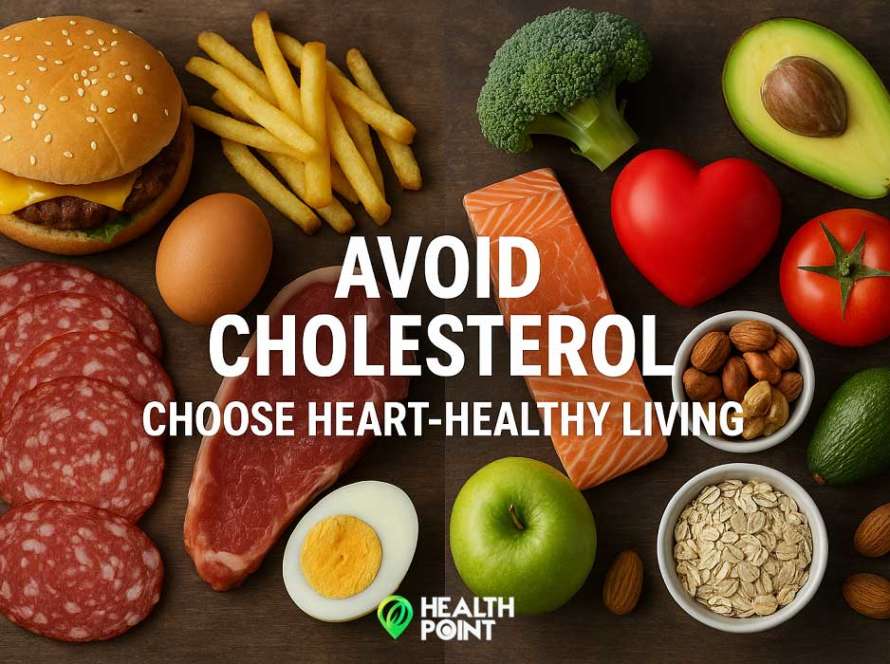Diet tips can help you start making smarter food choices without feeling overwhelmed or restricted. Whether you’re trying to lose weight, gain energy, or just eat better, small and steady changes make the biggest impact in the long run.
1. Start with Water — Always
It may sound basic, but drinking enough water each day can completely change how you feel. Most people walk around mildly dehydrated, which leads to fatigue, cravings, and even digestive issues. Try starting your morning with a full glass of water. Throughout the day, keep a water bottle handy and sip often—especially before meals. It helps reduce hunger and improves your focus too.
2. Add More, Not Less
Instead of focusing only on what to cut out of your diet, think about what to add in. Leafy greens, fruits, lean proteins, seeds, and legumes all provide the nutrients your body needs to feel full and function well. A colorful plate isn’t just nice to look at—it’s loaded with vitamins, fiber, and antioxidants that naturally support your health.
If you’re unsure how to plan balanced meals or snacks, you can explore healthy eating suggestions from professionals at HealthPoint, where you’ll find reliable tips on building nutrition into your daily life.
3. Eat at Regular Intervals
Skipping meals might seem like a shortcut to weight loss, but it often backfires. When you go too long without eating, blood sugar crashes, cravings spike, and you end up overeating later. Try to eat something nutritious every 3–4 hours. You don’t need a full meal—sometimes a handful of almonds, a boiled egg, or a piece of fruit does the trick.
A consistent eating pattern keeps your metabolism steady and your energy levels balanced throughout the day.
4. Prep in Advance to Stay on Track
Planning meals ahead of time reduces the stress of making last-minute food decisions—especially when you’re tired or busy. Spend a couple of hours on the weekend to prep staples like grilled chicken, quinoa, roasted veggies, or boiled eggs. Having these ready in your fridge makes it easier to build healthy plates on the go.
Meal planning is especially helpful if you’re juggling work, kids, or other responsibilities. For more tools to simplify your meal routine, visit https://healthpoint.co.in, where you’ll find easy, beginner-friendly resources.
5. Be Mindful While Eating
Slowing down during meals can help you enjoy your food more and recognize when you’re full. Avoid distractions like phones or TV while eating. Instead, chew slowly, savor the flavors, and give your body time to signal when it’s satisfied. Mindful eating can reduce overeating and improve digestion.
It’s not just what you eat—it’s how you eat that counts.
6. Choose Whole Over Processed
Whole foods—those that are minimally processed—give you more nutrients per bite and help stabilize blood sugar. Go for foods with short, recognizable ingredient lists. For example, opt for whole-grain oats instead of flavored instant packets, or cook fresh veggies instead of heating frozen ready meals.
Your body will thank you with better energy, clearer skin, and improved digestion.
7. Allow Yourself Some Flexibility
Being too strict can lead to burnout. The goal is progress, not perfection. If you eat something “unhealthy,” don’t punish yourself. One indulgent meal won’t ruin your efforts—just get back on track at the next meal. Allow yourself treats in moderation so your new habits remain sustainable and enjoyable.
Final Thoughts
The journey to better health doesn’t need to be complicated. With these simple diet tips, you can start creating healthier habits without turning your life upside down. It’s not about dieting—it’s about learning how to nourish your body, listen to your hunger, and enjoy food without guilt.
Start small, stay consistent, and trust that every healthy choice you make brings you closer to a better version of yourself.



